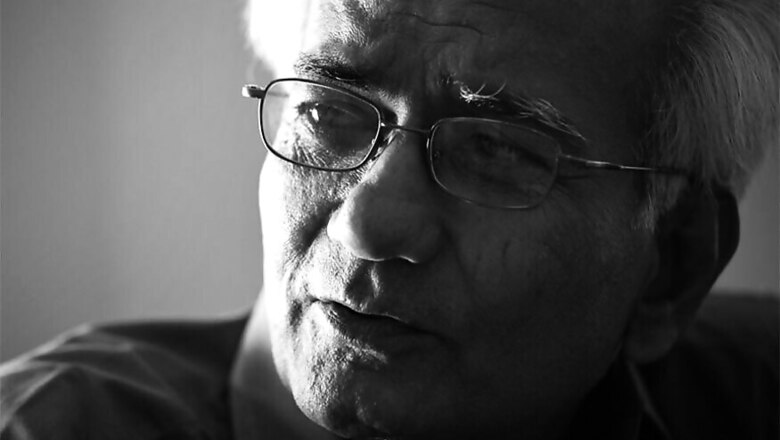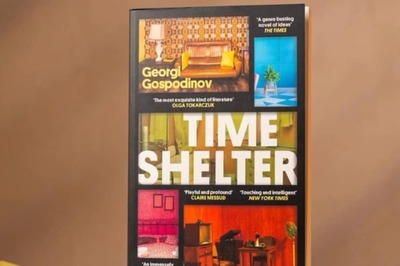
views
When Kundan Shah returned his National Award in November 2015 as a protest against what he perceived to be a growing climate of intolerance, it was perhaps not that surprising. After all, in an India of today it may not be possible to film a scene like the epic Mahabharat sequence that served as the climax to his debut film, Jaane Bhi Do Yaaro. A satirical take on one of our most revered stories involving a unscripted constantly changing cast, an unexpected intrusion of Mughal (Muslim) emperor Akbar into that sacred scene and a corpse serving as Draupadi? Not in today's India, thank you very much. The trolls of today would begin tweeting before the actors could exit stage right.
During the course of his career, Shah continued to buck the trend, whether it was writing the script for the meta Bollywood crime drama Khamosh (1985) or delving into the hitherto unexplored lives of the urban proletariat through TV series like Nukkad and Wagle ki Duniya, the latter inspired from the "common man" cartoons of RK Laxman. While it's a favorite cinematic landscape for Bollywood today, back in the 80s no one was doing that. Specially not on DD. Later shows like Office Office (starring JBDY alumnus Pankaj Kapoor) were the cultural heirs of these two shows.
And speaking of JBDY alumni, it's notable that Kundan Shah worked with the creme de la creme of Hindi cinema, often providing them with a platform from which to showcase their formidable talent, from Naseeruddin Shah to Satish Shah to Shabana Azmi and heck, even Preity Zinta.
The popular YouTube duo of Kannan Gill and Biwsa Rath, gave a hilarious breakdown of 2000's Kya Kehna, which starred Zinta and Saif Ali Khan, on their Pretentious Movie Reviews channel. And while there are plenty of laughs to be had from the seemingly retro themes of teen pregnancy and pre-marital sex, the fact is that the film would be just as relevant today. Apart from a miniscule 'woke' portion of the population, these are still very taboo subjects for most of the country. Unless one is a married and pregnant 18-year-old of course, in which case, Mazel Tov. Sexual assault is still a fact of life, rather than the exception, and victims are still assumed to have been asking for it. Shah turned his camera on these issues, in a 'popular' Bollywood film starring big names instead of an independent or art-house flick, something that was pretty unprecedented at the time.
Alas, the popular nature didn't seem to have much of an impact on the populace and perhaps that affected Shah's output as well; the times just weren't a-changing. Hum Toh Mohabbat Karega (also released in 2000) was a gauche studio flick and his subsequent films didn't garner much attention, a fact attested by that several of them don't have Wikipedia pages. P se PM Tak, which had a storyline of a prostitute becoming a major politcal player, was his last -- and last significant -- work, which again didn't really break the box office.
It's a little bizarre to think that the satire of more than 30 years ago could become fodder for controversy in our 'enlightened' present, but then Shah was always ahead of the times. With 1982's Jaane Bhi Do Yaaro, Shah introduced Indian audiences to satire, without resorting to (too much) slapstick. That it took some time to penetrate our idea of what films should be is telling in itself. In any case JBDY enjoys a cult following today and still finds occasional screenings at multiplex theatres and film festivals. And we still laugh as hard. Thank you Kundan Shah. For the learning as well as the laughs, and also having Tarneja tow D'Mello's coffin.




















Comments
0 comment